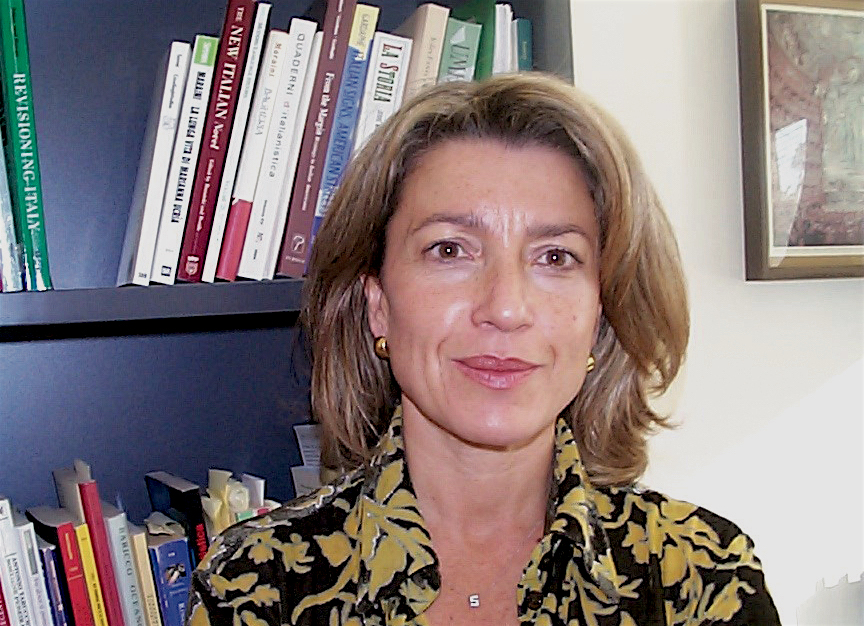
Photo courtesy of The Catholic University of America
On Feb. 23 Professor Stefania Lucamante from the Catholic University of America visited Ramapo College to share stories that are often overshadowed by the popular Holocaust tales that are part of a traditional education. In her presentation Lucamante focused on the writers who had two things beyond their control stopping them from sharing the horrendous experiences they lived through during the Holocaust: their gender and their origin. Lucamante did not blame the literature for the lack of knowledge on Italian women writers, but rather said it was due to history.
Lucamante stated that “literary glitches are caused by historical glitches” when trying to explain why we know names like Elie Wiesel, Anne Frank and Art Spiegelman but not Elsa Morante.
Never allowed to have a voice, Italian women were hated inside and outside of the camps throughout the Holocaust. Inside the camps they were seen as traitors due to Italy’s initial alliance with Germany and were detested by other Jews because of the way they spoke. Others in the camps doubted the Italians’ faith because of their inability to speak Yiddish like many other Jews. The language barrier often left them isolated.
Outside of the camps, Italian women were supposed to be demure and sweet. Italian women writers who made it out were not taken seriously. Most men were considered brave and strong for surviving the horror of the camps. Female Italian survivors, on the other hand, were expected to never speak about their experiences in the camps.
Lucamante stated that history’s negative view of the Italians during the Holocaust made it hard for all Italians to publish their stories, but the societal norms were more detrimental to the tales of survivors. Since women could not speak out about their experiences, their only chance of sharing a story would be if a man told a story and included them in it. Directly following the Holocaust, female Italian writers could not find publishers that wanted to tell their stories in Italy and they had few options to find other outlets. According to Lucamante, it was not until the ‘70s and ‘80s that Italian women writers of the Holocaust truly began to emerge, feeling more accepted by society and ready to share what they went through.
Lucamante labels the ‘90s and early 2000s as the time when most Italian women who survived the Holocaust began to share their stories. As the survivors got older, they began to have more and more people surrounding them who wanted to share their tales, mostly daughters and granddaughters of the brave women. Lucamante says that this influx of stories from Italian women of the Holocaust allowed the public to know more about history in a more “poetic” way.
ckronenf@ramapo.edu





